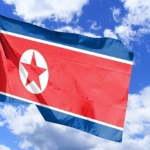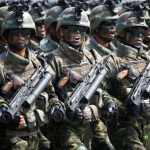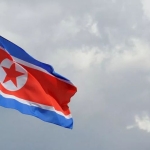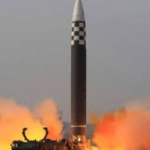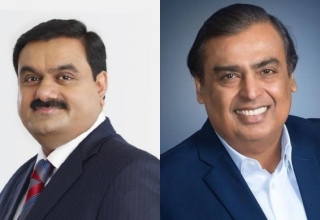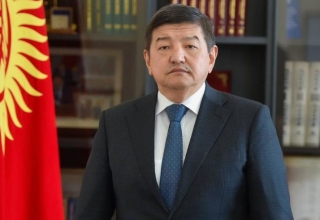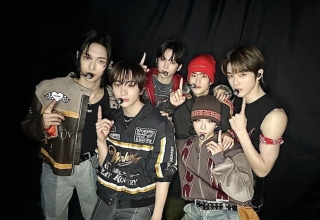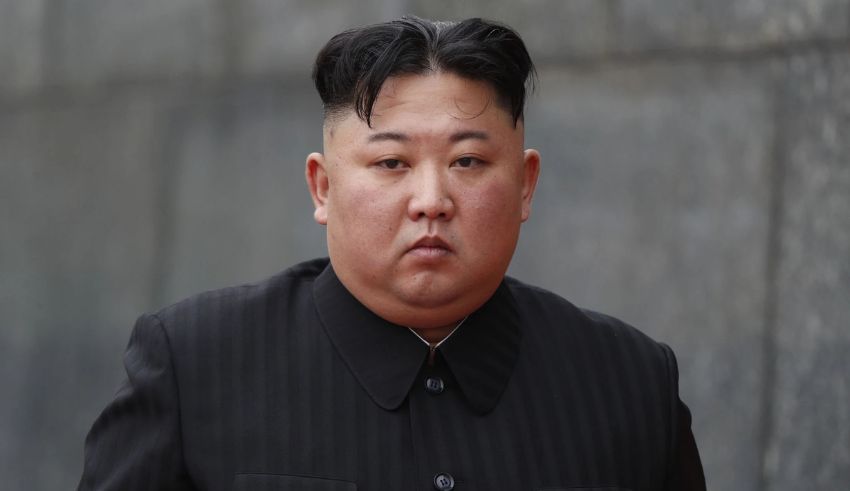
With an eye on raising readiness for possible conflict, North Korean leader Kim Jong-un has lately urged that the military of his nation greatly improve its warfighting capacity. Delivered on Monday via state-run media KCNA, this urgent appeal comes as worries over North Korea’s increasing engagement in Russia’s war in Ukraine surface. Driven by rising regional and worldwide tensions, Kim’s comments capture a growing military emphasis in North Korea.
Call to Military Strengthening by Kim Jong-un
Kim pushed his nation’s military to increase both its political and military capability in a speech given Friday at a conference of battalion commanders and political teachers in Pyongyang. He underlined the need of raising fighting efficiency so that North Korea’s military forces may meet the challenges of a real conflict. His message presented these initiatives as crucial given growing dangers from the United States, South Korea, and their military operations in the area.
Kim cautioned that the geopolitical context of Korea today has descended into what he called “the worst phase in history.” Reflecting the rising military tensions between North Korea and its rivals, he also said the Korean Peninsula was now “the biggest hotspot in the world.” Kim is obviously trying to equip his troops for any scenario, particularly a major military battle, given the stability of the area under jeopardy.
Kim’s address was not just a call to action but also a direct appeal to the military leadership to raise their capacity. He fervently pushed political instructors and battalion commanders to “go all out” in raising their capacity to fight a real war. The focus was not only on becoming ready for the conventional kinds of conflict but also on making sure North Korea could react to any military scenario, conventional or unusual.
With an emphasis on enhancing efficiency, guaranteeing political alignment among the troops, and thereby assuring military preparedness, his rhetoric proposed a complete strategy. This emphasis on preparedness comes as the North Korean leader sees the possibility for increased confrontation, especially as tensions with the United States and allies keep rising. The continuous military drills, weapon testing, and aggressive remarks made by the North simply help to support this narrative.
Military Links of North Korea with Russia
The need for more military capability by Kim Jong-un comes at a time when North Korea is allegedly boosting its military relations with Russia. Globally, especially in the West, the developing military cooperation between North Korea and Russia has caused concerns. Evidence points to North Korea sending large numbers of troops to support Russia in its continuous conflict in Ukraine having participated in military operations.
Reports from Washington, Seoul, and Kyiv suggest that more than 10,000 North Korean soldiers have been sent into Russia to assist its military operations in Ukraine. Some of these troops, from Kursk, are said to have participated in action close to the Ukraine-Russia border. These events fit a greater trend of stronger connections between the two countries, which has raised questions among Western countries and regional powers.
North Korea and Russia’s increasing military cooperation points to a possible change in world dynamics. The two nations have discovered common ground in their resistance to U.S. influence and Western-led sanctions; the war in Ukraine has given a forum for even further strengthening of their bond. Apart from augmenting Russia’s military operations, North Korean soldiers’ involvement in the battle offers North Korea a strategic chance to deepen its relations with Russia despite continuous isolation of the country.
Keep Reading
Con ramifications for regional security
The growing participation of North Korean troops in Russia’s battle begs important issues on the direction of security in Eastern Europe and East Asia. Should North Korea keep supporting Russia militarily, it might hamper efforts to end the situation in Ukraine and raise hostilities between Russia and Western countries.
Furthermore, alarming for nations in the Asia-Pacific area, especially South Korea and Japan, who see North Korea’s military activities with mounting anxiety, is the presence of North Korean forces in Russia. The militarization of North Korea’s territory already results from its activities; so, this most recent development could operate as a trigger for more instability.
Kim Jong-un’s drive for military readiness is also seen as a response to what he believes to be growing U.S. and ally pressure. Long using military action and weapon development to forward his political program and guarantee the survival of the government, the North Korean leader has In this regard, his most recent appeal to bolster the military fits his continuous approach of claiming North Korea’s might on the world scene.
The developing bond between North Korea and Russia affects not only the Korean Peninsula but also world security. With both nations striving to challenge U.S. power and advance their own objectives, North Korea’s ongoing support of Russia could point to a more general realignment in world relationships.
Given Russia’s increasing losses in Ukraine, North Korea’s backing gives much-needed personnel. Against diplomatic isolation and international sanctions, North Korea’s connection with Russia gives access to military resources, technology interchange, and strategic support. between the next years, this mutually advantageous link could change the geopolitics dynamics between Asia and Europe.
Finally, North Korea’s and the world’s road ahead
Particularly as tensions between the United States, South Korea, and other Western nations continue to increase, Kim Jong-un’s latest demand for improved military readiness is an unambiguous indication that North Korea is getting ready for potential confrontation. The country’s increasing engagement with Russia and the claimed deployment of thousands of North Korean troops to the frontlines in Ukraine only help to complicate the matter.
Navigating the increasingly complicated geopolitical terrain molded by the activities of both North Korea and Russia will prove difficult as the whole community observes closely. The future is yet unknown given military alliances changing and tensions on the Korean Peninsula nearing a boiling point. Kim Jong-un’s emphasis on military might could be only the start of a more general change in North Korea’s policy that might have long-standing effects on regional and world security.
